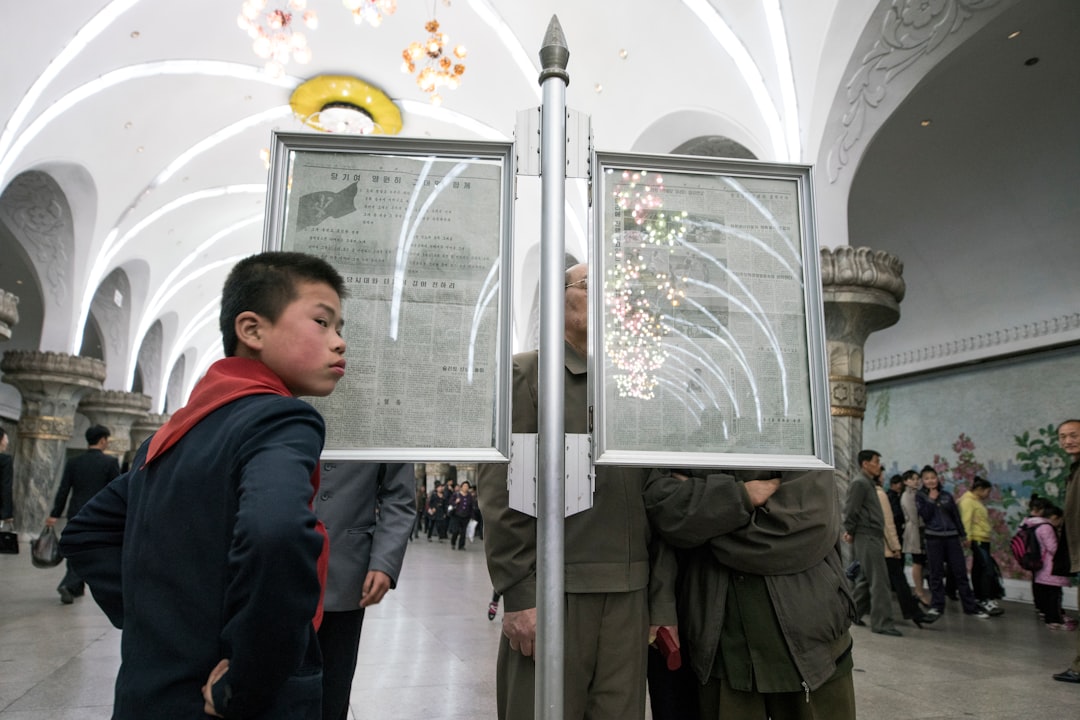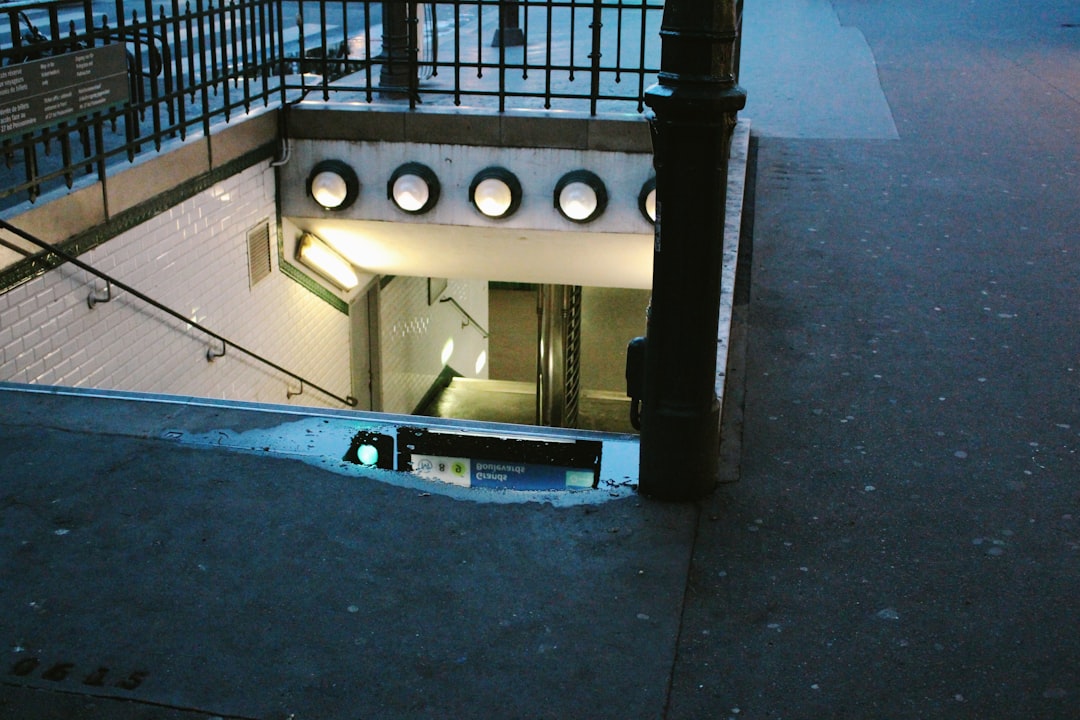Explore top US cities for remote work, providing optimal living and work conditions for a productive home office setup.
Introduction
In recent years, the rise of remote work has transformed where and how we earn our living. This newfound freedom allows remote workers to choose living locations that align more closely with their lifestyle and not just their commute time. Choosing the right city, however, is more complex than finding the best coffee shops or the fastest internet service. It’s about a blend of cost, convenience, community, and connectivity. In this blog, we explore the top U.S. metro areas that offer remote workers the perfect mix of optimal living and favorable working conditions. If you’re a remote worker looking to relocate, read on to discover where you might find your next home base.
Factors to Consider When Choosing a Metro Area for Remote Work
 Image courtesy: Unsplash
Image courtesy: Unsplash
Choosing the right metro area for remote work involves balancing a variety of factors. These factors influence not only your work productivity but also your overall satisfaction and quality of life. Key considerations include the cost of living, quality of life, and local job market opportunities, among others. Each of these elements holds significant weight in determining the most suitable location for remote workers.
Cost of Living
One of the fundamental factors to consider is the cost of living. It is particularly important for remote workers, as your location directly affects how far your salary goes. Housing costs, utilities, groceries, transportation, and healthcare are essential expenses to factor in. A lower cost of living can mean more disposable income and savings, which is crucial during uncertain economic times. Moreover, some cities also offer incentives for remote workers, including tax breaks or subsidies, which can further help to mitigate living costs.
Quality of Life
Quality of life is another critical aspect to consider when choosing your home base as a remote worker. This broad category encompasses the environment, safety, healthcare services, entertainment options, and opportunities for social interaction. Cities with a vibrant cultural scene, abundant recreational activities, and robust community engagements are likely to improve your overall life satisfaction. Additionally, factors such as climate and local weather conditions can also significantly influence your daily comfort and mood.
Job Market and Opportunities
Even as a remote worker, the local job market is important. Access to a robust job market can offer career development opportunities, networking events, and potential collaborations that wouldn’t be as feasible in a weak job market. Furthermore, should your remote working situation change, being in an area with a thriving job market can make the transition to in-office work smoother and less stressful.
Top U.S. Metro Areas for Remote Workers
Several U.S. metro areas stand out as excellent choices for remote workers, thanks to their optimal living conditions and supportive working environments. Here are some of the top locations that offer a combination of affordable living, quality lifestyle, and robust economic opportunities.
Seattle, Washington
Seattle, known for its dynamic tech scene, is not only a hub for major corporations like Amazon and Microsoft but is also an ideal place for remote workers. The city offers a high quality of life with its stunning natural landscapes, including Puget Sound and Mount Rainier. The cultural vibrancy of Seattle, with its museums, theaters, and culinary experiences, enriches daily life. While the cost of living might be higher compared to other cities, the presence of high-paying tech jobs balances it. Moreover, Seattle’s connectivity and technological infrastructure make it an excellent location for anyone working remotely in tech or digital fields.
Austin, Texas
Austin has become a favorite among remote workers due to its booming tech industry, no state income tax, and a highly celebrated cultural scene. It's known for its music, food, and art, providing a fulfilling quality of life outside of work hours. The cost of living in Austin is relatively reasonable, though it has been rising due to the city's growing popularity. Additionally, Austin's climate is favorable for those who prefer warm weather and its community is highly supportive of startups and independent entrepreneurs.
Denver, Colorado
Denver offers an appealing mix of urban and outdoor lifestyles, making it ideal for remote workers who value balance. With access to renowned ski resorts and national parks, it’s a haven for outdoor enthusiasts. The cost of living is manageable when compared to coastal tech hubs while offering similar professional opportunities, particularly in industries like technology and renewable energy. Denver also ranks high in terms of quality of life, with a friendly, active community and a focus on health and wellness.
Atlanta, Georgia
Atlanta is an up-and-coming hub for remote workers due to its affordable living costs, growing job market, and vibrant cultural scene. The city is a transportation hub, which helps in reducing travel expenses and times for those moments when in-person meetings are necessary. Additionally, Atlanta's diverse neighborhoods offer a variety of lifestyles, catering to both urbanites and those who prefer a quieter, suburban setting. The city’s investment in technology and innovation has also bolstered its position as a favorable place for career development, even for those working remotely.
In conclusion, selecting a U.S. metro area for remote work requires considering various factors that impact both professional and personal life. Cities like Seattle, Austin, Denver, and Atlanta each provide unique advantages for remote workers looking for optimal living and working conditions. Whether you value outdoor recreation, cultural richness, or economic opportunities, these cities offer a sustainable and enjoyable environment for remote professionals.
Living and Working Conditions in the Chosen Metro Areas
 Image courtesy: Unsplash
Image courtesy: Unsplash
Housing Affordability
One of the primary concerns for remote workers when relocating is finding affordable housing without compromising on quality and space. Many metro areas in the U.S. now cater to remote workers with housing options that balance cost with comfort. For instance, cities like Charlotte, NC, and Omaha, NE, offer spacious living conditions at prices that are significantly lower than those in larger urban centers such as New York or San Francisco. This affordability allows remote workers to maintain a comfortable standard of living without the financial pressures often associated with big-city living. Furthermore, these affordable markets often provide numerous amenities, enhancing the overall value for remote workers.
Internet Connectivity
A reliable and fast internet connection is non-negotiable for remote workers. Fortunately, many U.S. metro areas are equipped with high-speed broadband services, facilitating seamless communication and efficient online operations. Chattanooga, TN, famously offers some of the fastest internet speeds in the country, thanks to its city-owned fiber-optic network. Similarly, cities like Austin, TX, and Raleigh, NC, are well-known for their robust tech infrastructures, ensuring remote workers have the connectivity needed to work effectively from home. This essential service helps in maintaining productivity, which is crucial for remote work success.
Co-working Spaces and Community
While working from home has its perks, sometimes a change of scenery can boost productivity and creativity. Co-working spaces provide just that, along with the added benefit of community interaction. Metropolitan areas across the U.S. are seeing an increase in these communal work environments, which are ideal for remote workers looking to network and collaborate. Denver, CO, and Minneapolis, MN, are examples of cities that not only have a plethora of co-working options but also foster strong community bonds among freelancers and remote professionals. These spaces often host workshops, talks, and social events, helping remote workers build a sense of community and belonging.
Outdoor Recreational Opportunities
The balance between work and life is crucial, especially for remote workers who often struggle with unplugging after work. Access to outdoor recreational activities can play a significant role in maintaining this balance. Cities like Portland, OR, and Salt Lake City, UT, offer an abundance of natural scenery and outdoor pursuits, from hiking and biking to skiing and kayaking. Having these activities readily available encourages remote workers to step away from their screens and engage in physical activity, which is beneficial for both physical health and mental well-being. This access not only enriches the quality of life but also enhances overall productivity and job satisfaction.
By moving to one of these metro areas, remote workers can enjoy a lifestyle that supports both their professional productivity and personal well-being, making them some of the best places in the U.S. to live and work remotely.
Conclusion
Choosing the right metropolitan area as a remote worker can dramatically influence both productivity and quality of life. From the vibrant tech hubs of Seattle and Austin to the serene landscapes of Raleigh and Denver, each city offers unique advantages tailored to diverse lifestyle preferences and work needs. Whether you prioritize technology infrastructure, cost of living, or recreational opportunities, these top U.S. metro areas provide the foundation for a well-rounded, fulfilling remote working experience. Remember, the best city is one that not only meets your professional requirements but also complements your personal lifestyle. Choose wisely and thrive as a remote worker in a city that feels like home.
The Top 10 U.S. Cities for Remote Workers: Ideal Living and Working Environments
No comments:
Post a Comment
Thanks
Gigagiglet
gigagiglet.blogspot.com